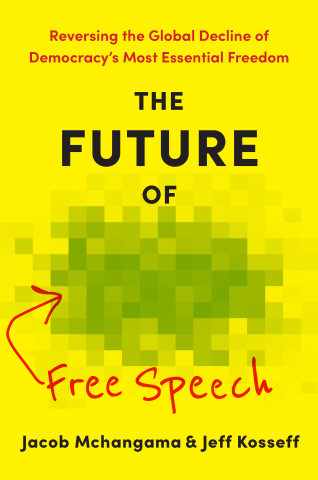
Reviews
His goal is ambitious—nothing less than to reinvigorate what he describes as 'the encounter between political philosophy and the Bible' at the highest intellectual level.
Noted scholar Thomas L. Pangle discusses the mutually illuminating encounter between skeptically rationalist political philosophy and faith-based political theology guided ultimately by the authority of the Bible.
An enticing introduction to the richly provocative debate about fundamental questions of faith raised among the Bible's greatest students—Augustine and Aquinas, Ibn Ezra and Maimonides, al-Ghazali and Averroes, Luther and Calvin—and an array of writers from ancient and modern philosophical traditions as well... No one who follows Pangle's investigation could fail to be moved by the weight and force of the deeply serious moral world of the Bible.
A far more sophisticated and erudite, but by no means less passionate, plea for the restitution of the Biblical vision of world order than is observable amongst the American evangelical right is found in Thomas Pangle's Political Philosophy and the God of Abraham... A tribute to the resources of the religious intellect.
Pangle takes the reader on a fascinating tour of a period in Western intellectual history when modernist philosophy takes its leave of biblical authority.
Of all his excellent books, Pangle seems to have taken the greatest care in writing Political Philosophy and the God of Abraham. Every sentence, every phrase, every word counts.
This wise book is of considerable merit and importance.
Like all of Thomas Pangle's work, Political Philosophy and the God of Abraham is stunningly erudite and discerning. Pangle makes splendid use of the great commentators and critics, listening to voices as diverse as the Rashi, Maimonides, Ibn Ezra, Calvin, Spinoza, and Kierkegaard, but Pangle's argument is very much his own. He is intellectually relentless, wrestling with titanic questions, arguing with elegance and clarity.
The dialogue between philosophic rationalism and faith-based wisdom is here brought back to life with a depth and intensity that is unique in contemporary thought and discourse.
Book Details
Introduction
Chapter 1. The Twofold Account of Creation: and the Hermeneutical Problem
Chapter 2. Creation and the Meaning of Divine Omnipotence
Chapter 3. The Ontological Implications of the Unfolding
Introduction
Chapter 1. The Twofold Account of Creation: and the Hermeneutical Problem
Chapter 2. Creation and the Meaning of Divine Omnipotence
Chapter 3. The Ontological Implications of the Unfolding of Creation, for Creatures and Creator
Chapter 4. Creation and Divine Solicitude for Mankind
Chapter 5. Creation and the Meaning of Good and Evil
Chapter 6. Pollution and Purgation
Chapter 7. Abram from the Calling to the Covenant
Chapter 8. Abraham at the Peak
Chapter 9. Kierkegaard's Challenge
Conclusion






